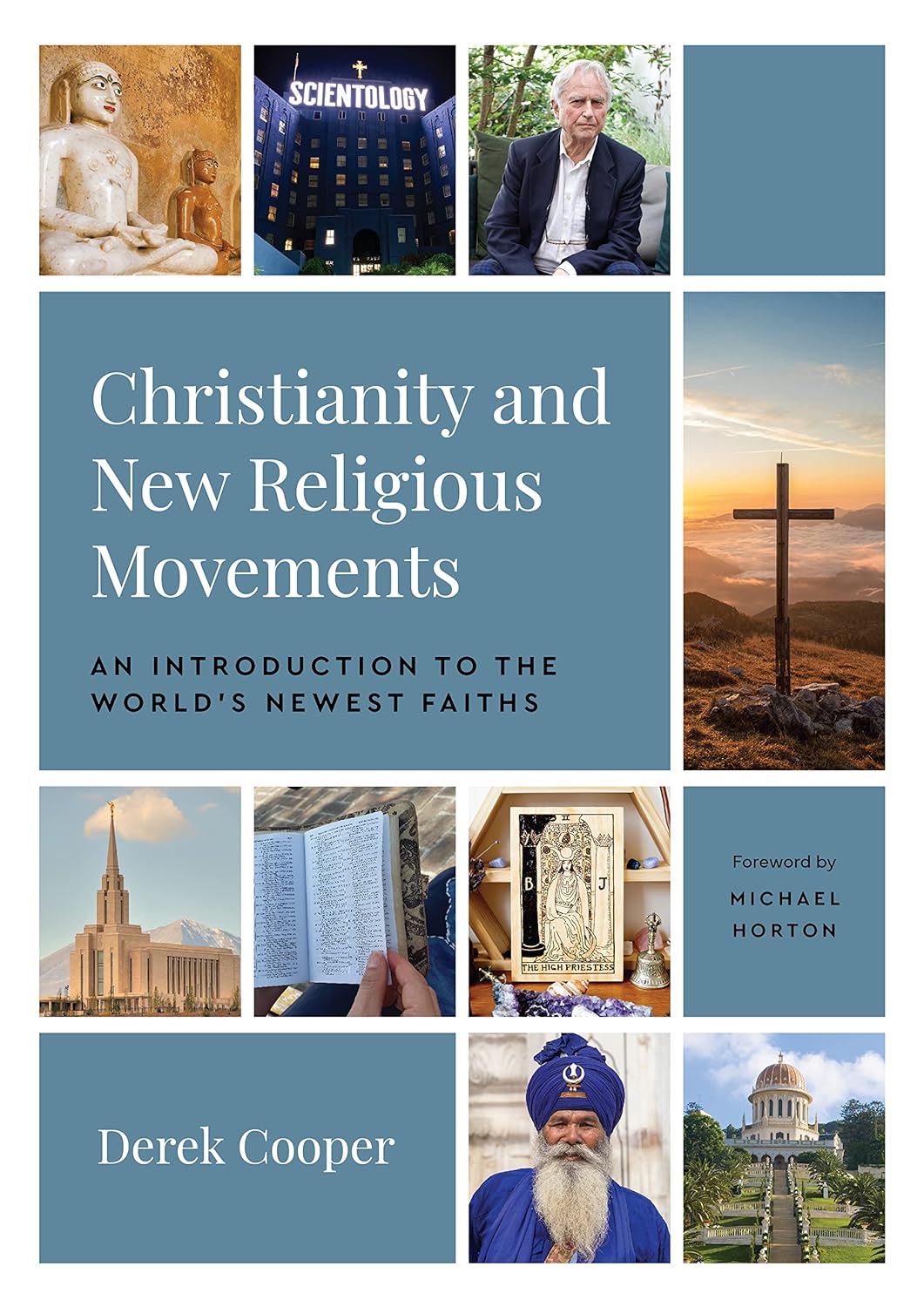In 1998, while my classmates were dancing on tables, vomiting on the beach, and getting STIs, I went to Salt Lake City with my Bible, a few clothes, and no ideas. what mormons believe. I was enthusiastic about my missionary task, but unfortunately misinformed.
On the one hand, all we need to evangelize is a deep understanding of the gospel. However, we can shape our explanation of the gospel in helpful ways if we understand who we are talking to and what they believe. This is what Paul did when he spoke to the Athenians in the Areopagus (Acts 17:22-34). He wasn’t just referencing pop culture; it connected their existing belief structures to their need for Christ as Savior. Paul had done his research so that he could help bridge the gap between people’s existing beliefs and the gospel.
We can shape our explanation of the gospel in helpful ways if we understand who we are talking to and what they believe.
Fortunately, when I arrived for my short-term mission trip, my host spent hours teaching me what I needed to know about Mormonism. He showed how it is different from Christianity and how it leaves its followers in need of salvation. This knowledge has helped me have meaningful conversations with Mormons over the past several decades. It also helped me explain to other Christians where the fault lines between the two religions lie. Learning about other religions also helps us evangelize and disciple people.


Christianity and New Religious Movements: An Introduction to the World’s Newest Religions
Derek Cooper
Christianity and New Religious Movements: An Introduction to the World’s Newest Religions
Derek Cooper
P&R. 280 pages.
Each great religion has produced hundreds of offshoots. Although sometimes decried as cults or sects, these new religious movements are often culturally accepted and claim to promote a healthy and happy lifestyle. We may have heard of them, but many of us know little about them. For Christians, this makes it difficult to engage in wise and quality dialogue with their adherents. This book looks at ten of the most historic, important, and recognizable new religious movements, focusing on those with members people are more likely to meet.
P&R. 280 pages.
In recent years, it seems that the number of religions has multiplied. At least I’m becoming more aware of religious movements whose core beliefs I don’t know. As I looked through my internet research, I wished there was a resource to help me understand religions like Scientology, Jainism, and the Nation of Islam. Now there are. Derek Cooper’s book Christianity and New Religious Movements: An Introduction to the World’s Newest Religions provides an overview of 10 religions that have emerged over the past two centuries.
This interview with Cooper, executive director of the Thomas Institute, provides some of the context for his book. He explained why Christians need to understand these emerging religions, why we don’t call them cults, and how his book can encourage evangelism.
Some of the religions you talk about in your book are small. Many Christians have never met a Baha’i follower or Wiccan practitioner. What prompted you to write a book about these new religious movements?
I already wrote a book with P&R called Christianity and World Religions: An Introduction to the Major Faiths of the World, where I explored the world’s most historic religions from a Christian perspective. These are the kind of religions that most of us have heard of, for example Islam, Hinduism, Buddhism and Judaism. The book was helpful to people, so it was natural to write a sequel that covered the world’s newer religions, like Baha’i, Wicca, Scientology, and Mormonism.
In my experience, most books written about these new religions have been either from a secular perspective or from an overly antagonistic perspective. I wrote from a faith-based Christian perspective out of compassion for people of other faiths. I wanted to simultaneously offer an accurate representation of the religion and honestly evaluate it from a Christian perspective.
Why is the term “sect” useless when interacting with new religious movements?
To begin with, there is no single agreed-upon definition. People use the term in very different ways. And virtually no religious group or organization accepts the term “sect” because it carries a negative connotation. The term has had its day, because it carries too much cultural baggage and poses too many obstacles to understanding what these religions teach and how their members practice them.
The term “new religious movement” has become increasingly popular in the 21st century to refer to recent, systematized religious faiths. This term represents a consensus among researchers, and it is concrete in its application and clear in its understanding. By using this term, Christians can eliminate a point of contention as they seek to clearly communicate the Gospel.
What does continued religious innovation, even in our modern age, reveal about the plausibility of religious belief? Are we living in a time of disenchantment?
Although many people would have us believe that religion is on the verge of extinction, nothing could be further from the truth. Stephen Hunt confirms this in his book Religion in Western Society that “the attempt to measure religious decline using so-called hard empirical evidence is a notoriously dangerous enterprise.” Despite the rise and resilience of atheism, agnosticism and secularism, religion is here to stay.
As atheist AC Grayling concedes in his book God’s Argument“Religion is an omnipresent fact in history,” to which we can add that it will be an omnipresent fact in the future. Therefore, the atheist author of Religion for atheistsAlain de Botton is right when he says that “religions deserve our attention”.
Although many people would have us believe that religion is on the verge of extinction, nothing could be further from the truth.
Globally, religion is on the rise. And that of course includes new religious movements. After all, as sociologist Christian Smith demonstrated in his book Religion, it is entirely logical to conclude that human societies will “continue to generate new religions” in the future, just as much as they have done in the past. Some of these new religious movements “will grow in size, strength and importance, while others will decline.” But the expectation that humans generate them is inescapable. This is what we do. And with thousands of new religious movements existing across the world, it’s clear we’ve been working hard.
How can faithful Christians best evangelize followers of these new religious movements? Do we need to know everything about their religion before sharing the Gospel?
I believe in the power of the Holy Spirit to transform people’s lives. As such, I don’t think there is any particular way for Christians to engage in evangelism to members of other faiths. The Holy Spirit is free to use people, ideas, events, circumstances, tragedies, cultures, and practices in different ways.
That said, I believe that Christians who are knowledgeable about other religions are (1) more likely to engage in conversation with someone of a different religion, (2) able to ask better questions and frame conversations in a way more convincing, and (3) more confident in their faith and therefore cannot be afraid to share their faith in Christ with practitioners of other religions.


